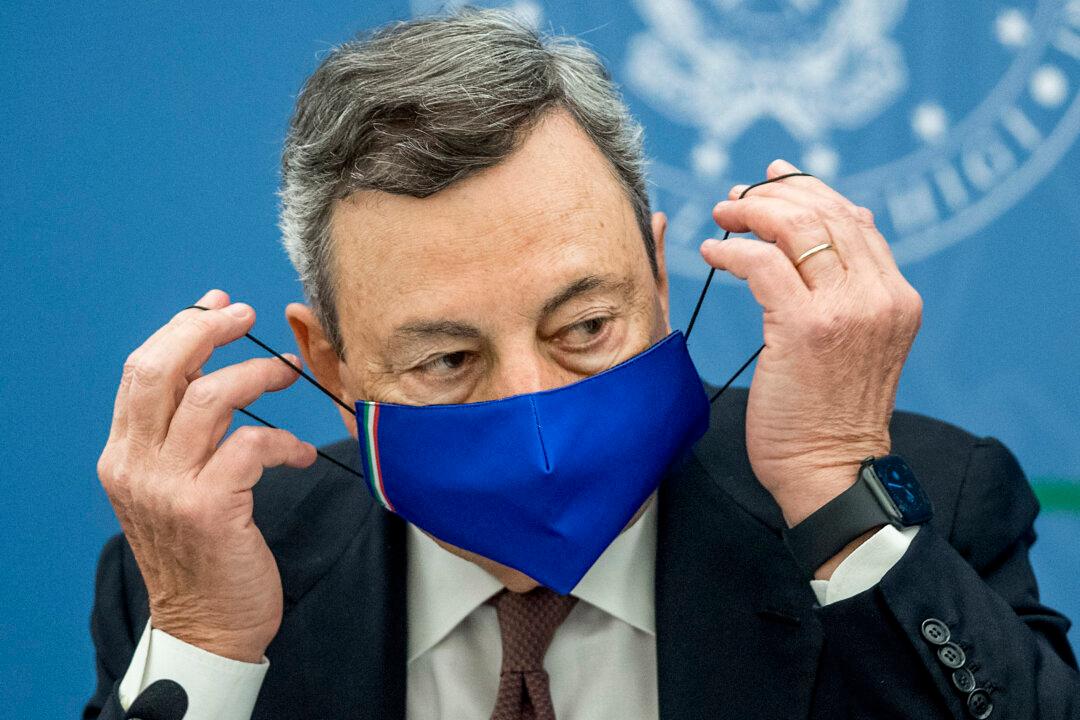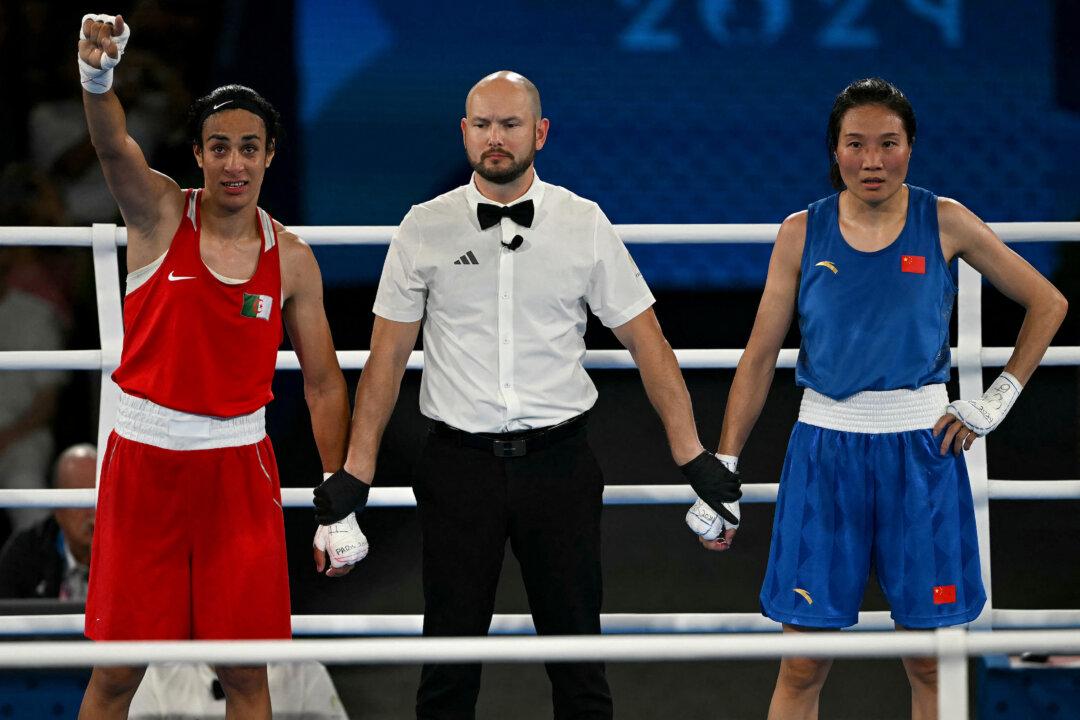A growing number of European countries are pushing the use of COVID-19 status certificates or vaccine passports, saying it’s to control the spread of the Delta variant of the CCP (Chinese Communist Party) virus.
Italy on Thursday followed in the footsteps of France, announcing that proof of vaccination or immunity would shortly be mandatory for an array of activities, including indoor dining and entering places such as gyms, pools, museums, and cinemas.




